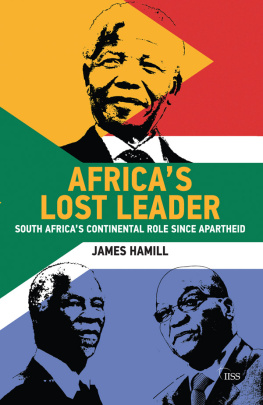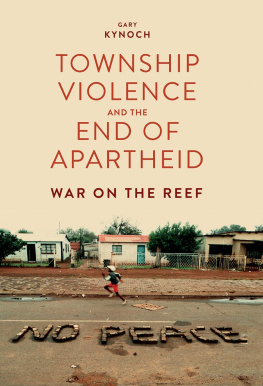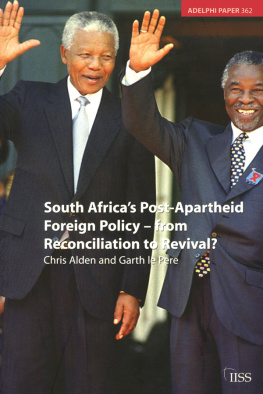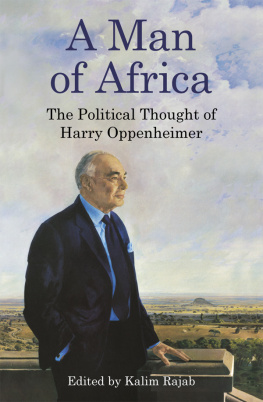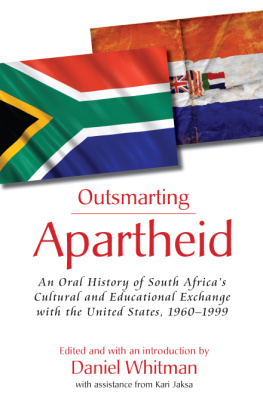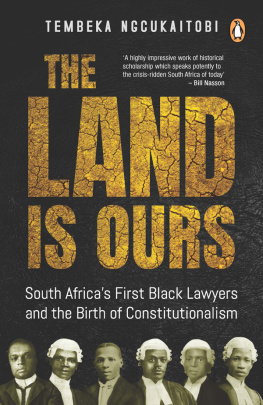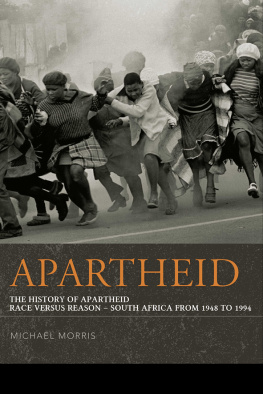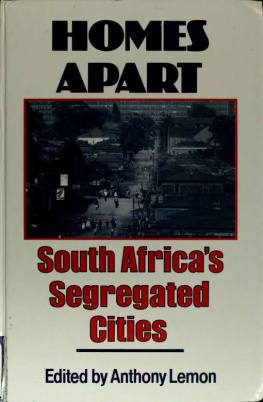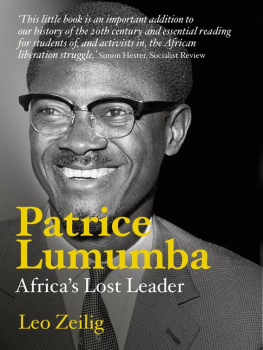The International Institute for Strategic Studies
Arundel House | 6 Temple Place | London | WC2R 2PG | UK
First published January 2018 Routledge
4 Park Square, Milton Park, Abingdon, Oxon, OX14 4RN
for The International Institute for Strategic Studies
Arundel House, 6 Temple Place, London, WC2R 2PG, UK
www.iiss.org
Simultaneously published in the USA and Canada by Routledge
711 Third Avenue, New York, NY 10017
Routledge is an imprint of Taylor & Francis, an Informa Business
2018 The International Institute for Strategic Studies
DIRECTOR-GENERAL AND CHIEF EXECUTIVE Dr John Chipman
EDITOR Dr Nicholas Redman
ASSISTANT EDITOR Chris Raggett
EDITORIAL Thomas Adamson-Green, Jill Lally, Gaynor Roberts
COVER/PRODUCTION John Buck, Kelly Verity
The International Institute for Strategic Studies is an independent centre for research, information and debate on the problems of conflict, however caused, that have, or potentially have, an important military content. The Council and Staff of the Institute are international and its membership is drawn from almost 100 countries. The Institute is independent and it alone decides what activities to conduct. It owes no allegiance to any government, any group of governments or any political or other organisation. The IISS stresses rigorous research with a forward-looking policy orientation and places particular emphasis on bringing new perspectives to the strategic debate.
The Institutes publications are designed to meet the needs of a wider audience than its own membership and are available on subscription, by mail order and in good book-shops. Further details at www.iiss.org.
All rights reserved. No part of this book may be reprinted or reproduced or utilised in any form or by any electronic, mechanical or other means, now known or hereafter invented, including photocopying and recording, or in any information storage or retrieval system, without permission in writing from the publishers.
British Library Cataloguing in Publication Data
A catalogue record for this book is available from the British Library
Library of Congress Cataloging in Publication Data
ADELPHI series
ISSN 1944-5571
ADELPHI 463
ISBN 978-1-138-54965-4
Acknowledgements
There are a number of people without whose advice, input and support this book would not have been possible. At the University of Leicester I should like to mention the old guard or stalwarts of the department: Professor Jack Spence who introduced so many of us to the study of South Africa back in the late 1970s and who kindly passed on a wealth of material to me on his departure; Professor Geoff Berridge, the doyen of diplomacy, for help both professional and personal; Dr Bob Borthwick for his endless patience, good humour and company both at the university and on walks; Professor John Hoffman for his support in a multitude of ways particularly after the sudden death of my partner Lisa Bloxham in 2005. I also owe a debt of gratitude to the late Mr John Day for his kindness, support and inspirational teaching. Of my current Leicester colleagues, I salute the support and help offered by Laura Brace, Stephen Hopkins, Andrew Futter, Jon Moran, Mark Phythian, Kelly Staples, Helen Dexter, Rachel Tate and my former doctoral student Lesley Masters. Former administrative staff Renie Lewis, and Jane Russell also assisted me in a whole variety of ways throughout their time in the department. I also salute my former colleague Dr Jim Broderick for his entertaining contributions over many years. I would also like to record my gratitude to the late Landeg White, the former head of the Centre for Southern African Studies at the University of York, for his academic wisdom and kindness both during and after my time in York.
Beyond the university thanks should go to friends Charlie Bonner, Noel Melvin, Tony Doherty, Brendan Walsh, Bob Cheatham, Moore ONeill, Jo Orton, Maureen Evans, and the late Bill Kelly for decades of fascinating stories, witticisms and penetrating observations on life and politics.
At IISS I am deeply indebted to the editorial care, attention and patience provided by Dr Nick Redman, Gaynor Roberts, Chris Raggett and Tom Adamson-Green.
On the family front, this book would certainly have not been possible without the support of the following: Lisa Bloxham and my two sons, Sean the philosopher, whose research work for me on her amazing support throughout the project and for putting up with mountains of paper and with being an academic widow with huge patience and great humour (I will return to swimming lessons now!); the Pollak family Marie, Robert, Bertie, JJ, and Grainne for their invaluable research facilities; the Hamills Sandy, Monica, Rory, Cormac, Tiarnan and Sorcha. Last but certainly not least, thanks and love to my mum Margaret Veronica Hamill to whom this book is dedicated.
Despite the turbulence of its domestic politics throughout the presidency of Jacob Zuma, South Africa is still widely perceived as Africas natural leader, principal conflict manager and chief international interlocutor on security and economic development. Yet there is reason to doubt the countrys capacity to provide effective leadership in these areas. Although the intellectual case for South African regional leadership is compelling, aspirations towards this role are not necessarily well received domestically or on the wider continent. In the complex policymaking environment created by this resistance, the South African governments lack of strategic vision for a regional role has led it to engage in dangerous improvisation and ad hoc decision-making.
This Adelphi book draws on a rich post-1994 foreign-policy literature to explore the difficulties that South Africa has faced in translating its military prowess, economic weight and reserves of soft power the familiar trappings of hegemonic power into tangible gains and enduring influence on the ground in Africa. this process is likely to determine Africas prospects for decades to come.
As Adam Habib has noted, hegemony or, at least, constructive and consensual hegemony can be established without recourse to domination, unilateralism or military adventurism. apartheid-era South Africas attempts to assert a dominant leadership role in Southern Africa centred on economic power as an instrument of coercion. The government invariably coupled inducements and incentives to cooperate with veiled threats to neighbouring states. The implicit and, occasionally, explicit message to the sub-region was that non-compliance with South Africas agenda would come at an increasingly high cost.
This relatively moderate approach finally collapsed in 1980, when the states of the sub-region rejected then-prime minister
The failure prompted a radical shift in direction under then-president F.W. de Klerk from 1989 onwards as part of his so-called New Diplomacy. The new, democratic South Africa repudiated the philosophy and practices of the dark era of militarism, but still had to live with the periods regional legacy of suspicion, resentment and fear of South African power. As a consequence, much of South Africas foreign-policy decision-making in, and engagement with, Africa since 1994 should be viewed in the context of the physical and psychological damage wrought by the policy of destabilisation.
Although apartheid-era South Africa was brutal and unprincipled in its application of power in the region, the countrys efforts to dominate its neighbours should not be confused with hegemony. Unrivalled military and economic power may be necessary conditions for any state aspiring to a hegemonic role but they are not sufficient in themselves.

